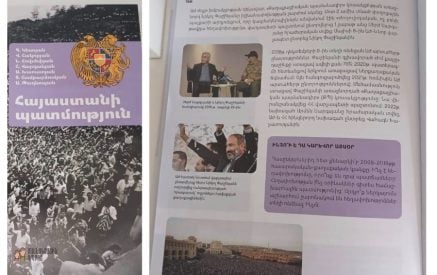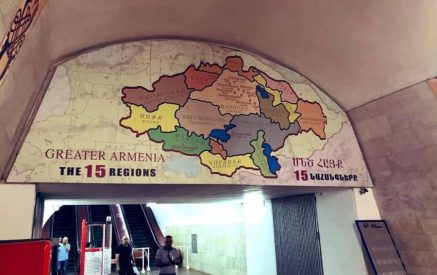It is widely acknowledged that the shaping of a nation’s identity begins at an early stage in the development of the young generation, primarily through the education system, particularly through the lens of the school curriculum. In this process, the role of educational materials, especially textbooks in humanities subjects such as the mother tongue, literature, history, geography, and social studies, holds paramount importance. The same principle applies to various other forms of identity, including civil, cultural, spiritual, and civilizational identities.
A widely held belief suggests that textbooks mirror the predominant spirit and character of their era. States issue textbooks based on the kind of society they aim to build for their future citizens. This ensures that preschool, school education, and upbringing work are organized according to specific content and worldview. Against this backdrop, it is disheartening to consider the current trend of ‘textbook amendment’ that has emerged in Armenia in recent days.
The “revolutionary” government, facing widespread failures across all sectors of the country, has embarked on a process of revising or rewriting school textbooks. This initiative, reminiscent of the government’s handling of the Constitution, bears the fingerprints of Azerbaijan and Turkey. Their target: “Armenian History,” “Armenian Literature,” and “Mother Language” textbooks, from which they demand the removal of any content expressing national pride, dignity, spirituality, or the heroism of the Armenian past. This includes historical figures, events, and even entire chapters chronicling the country’s glorious victories in the fight for liberation.
It remains unclear what messages we will impart to future generations through these educational manuals featuring ‘robbed’ content. What value system and matrix of thinking do we intend to establish, or what kind of future project do we aim to propose? The current state of textbooks can be succinctly characterized as the erosion of Armenian identity without a clear vision for the future. Such outcomes are inevitable when organizational and professional indifference prevails in the face of responsible work.
Read also
Writing a textbook is a profoundly responsible and highly professional undertaking. It goes beyond the capabilities of a single historian, no matter how well-rounded their knowledge might be. Instead, a high-level professional committee should be involved, comprising historian-researchers and historian-scientists, as well as professionals specializing in the history of law, and laws of economy, culture, sociology, and psychology. It is challenging to envision a presentation of Armenian history without delving into the concepts of theology, social science, socio-economics, law, politics, and other crucial fields across different periods. Numerous professional publications have explored these aspects.
While we have no intention of lecturing our well-trained historians and researchers, our goal is solely to redirect the public’s focus especially that of the current authorities, towards the genuine threats facing the Armenian state and its sovereignty. These threats have arisen due to the ineffective and anti-national policies implemented by the ruling elite. Unfortunately, the scope and geography of these consequences are expanding, reaching into perilous new areas. Symbols of statehood, including the national flag of Armenia, the coat of arms, and the anthem, are now in jeopardy. Should we remain passive and wait for further developments?
ACNIS- The Armenian Center for National and International Studies






















































